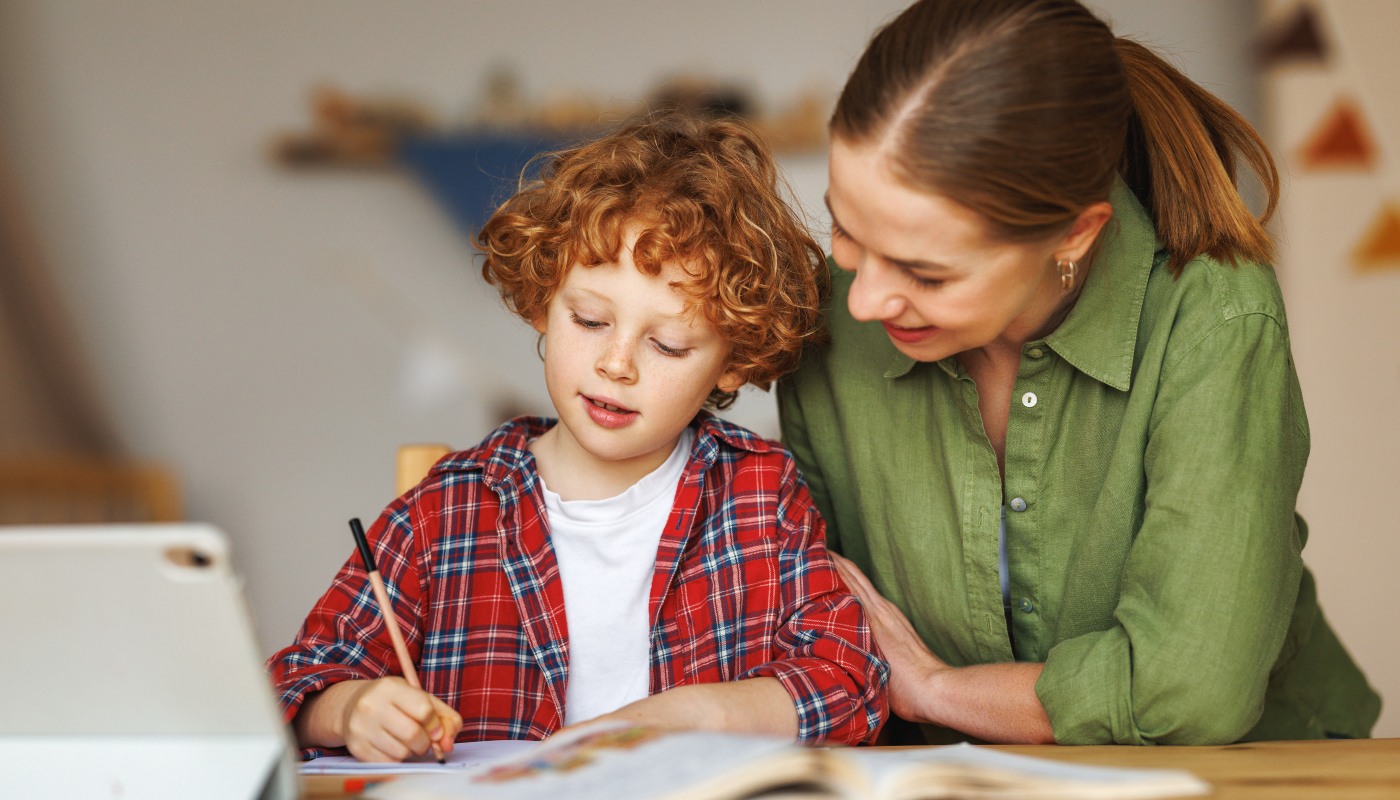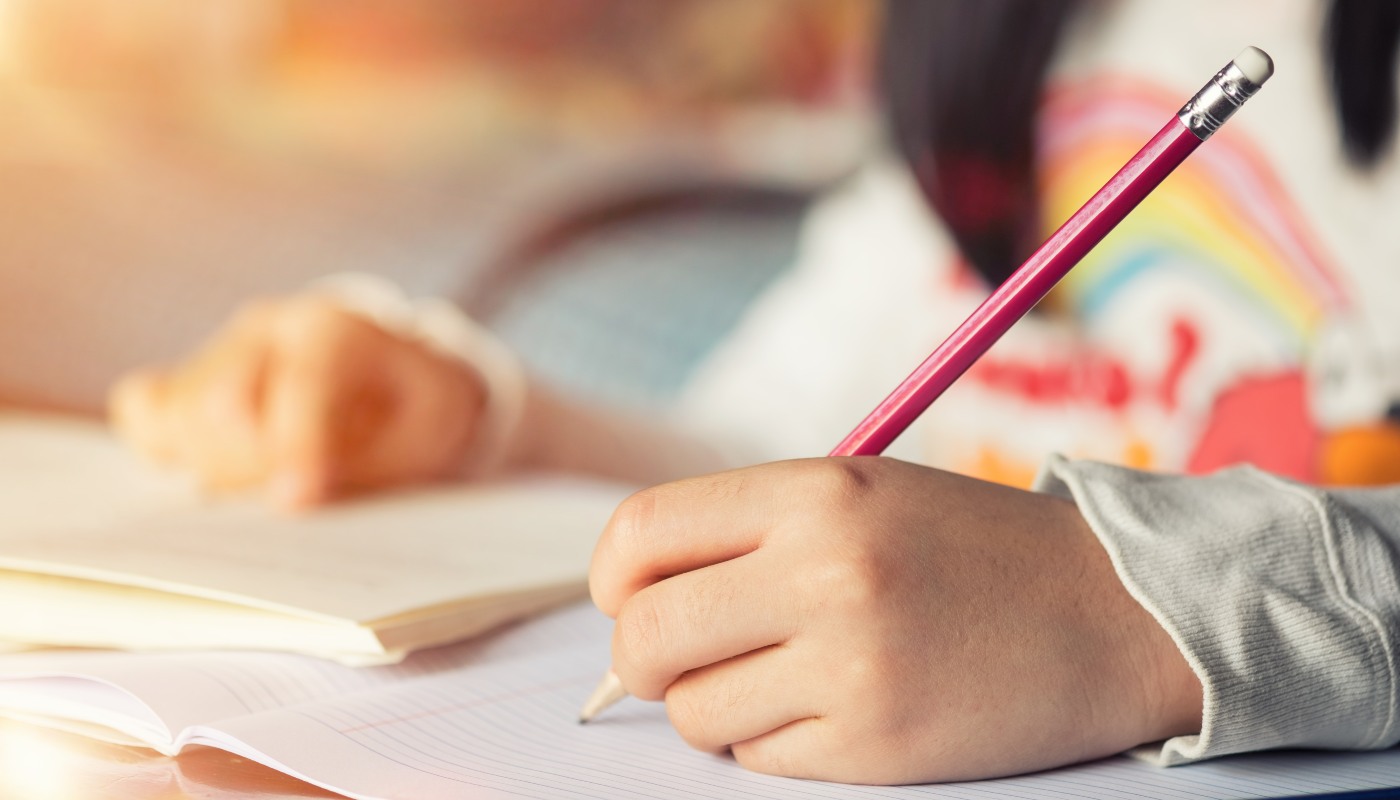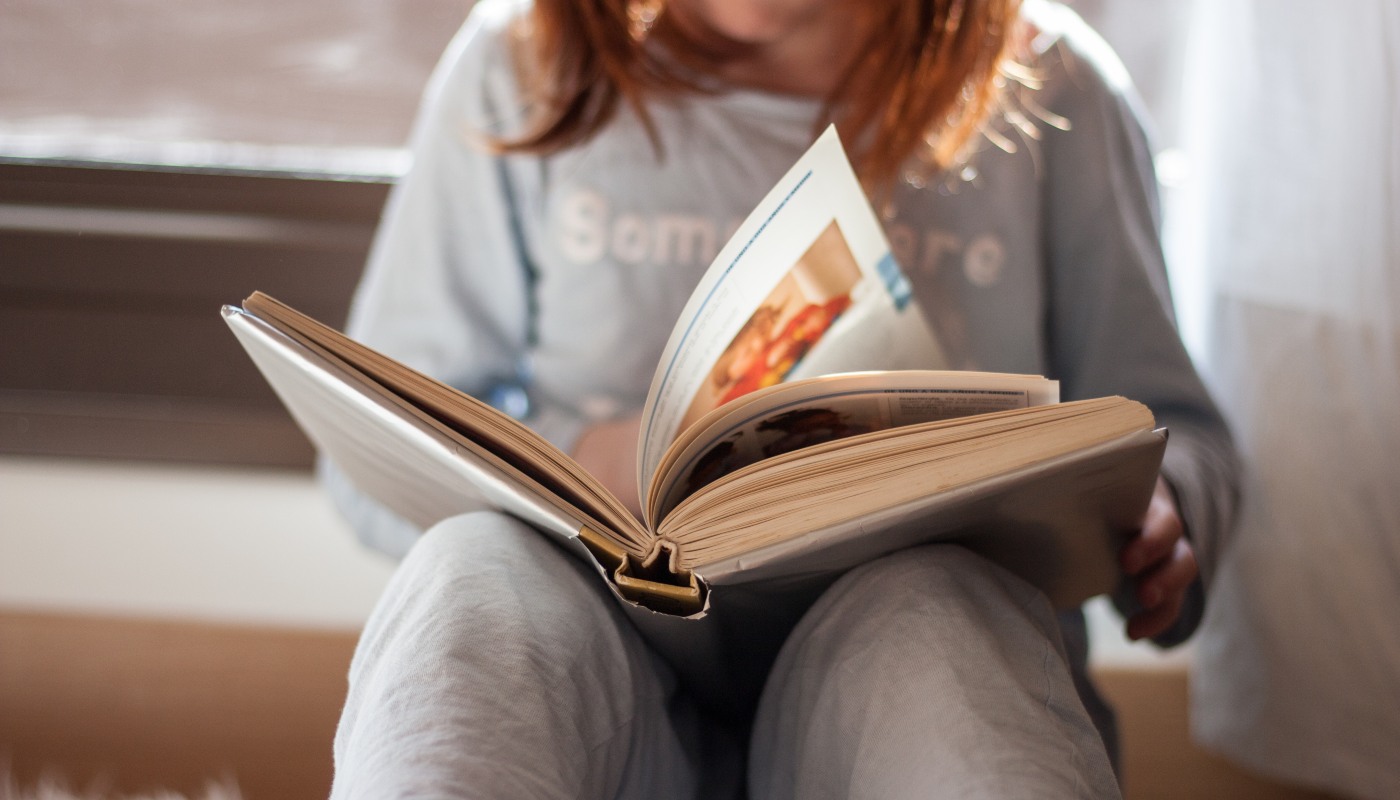Homework and summer: can the two coexist?
Summer homework has always been a matter of debate. Is homework compatible with holidays? Find out what opinions exist on the matter.
child care
Share

Each year, as the school year draws to a close, thousands of parents wonder whether their children - especially those in kindergarten and elementary school - should continue to do homework during the summer or not. For these educational stages, teachers often recommend a lighter version of what has been studied during the school year, such as summer reinforcement books, reading, summaries, drawings...
The summer holidays are longer than any others, such as Christmas and Easter, so children face quite a few weeks of rest and enjoyment, including summer camps, trips to the beach, pool, or mountains... This means it is not as necessary to have a strict routine around bedtime as at other times of year.
In the end, it is a very personal decision, which, as in everything, has those in favour and those who are against.

Defenders of summer homework
- Because parents and guardians worry that children will forget what they have learned, get out of their routine, or lose the habit of doing homework every day. It is essential that there is good communication between schools and families so that the tasks are appropriate for each school stage.
- Doing some type of holiday homework requires maintaining a routine and this reinforces responsibility, discipline and perseverance in children, especially during the Infant and Primary stages.
- The habit of doing “some kind of school activity” endures, even if it is framed as a game, such as summer notebooks or sticker books and drawing. With the return to school in September, children can take them on the first day of class to be checked by teachers. For secondary education, provided that students have passed their exams in all their subjects, homework is not commonly recommended in summer, since it is understood that, at those ages, children and adolescents are already in the habit of reading books, for example.
- They reinforce what has been learnt during the school year, in a fun and shorter way.
- They can fill small gaps that the child has in a certain subject or specific area - as they have more free time, they can practise more.
- The summer holiday period in Spain is very long, so it is too long between the end of one course and the beginning of the next.
- The time spent should be appropriate to the child's age and should not represent an excessive burden that prevents them from playing, socialising or simply getting bored.
- Reading books, writing a journal, painting, inventing games… There are a thousand ways children can stay active.
Those who are against summer homework
- If the child has worked hard during termtime, a break from homework should be their reward.
- Homework obligations in summer sometimes have the opposite effect: children can become discouraged from studying and learning.
- Children’s rest and leisure is a right provided for in article 31 of UNICEF’s convention on rights of a child, from 1989. Specifically, it sets out that children have the right to rest, leisure, recreational activities that are appropriate to their age […].
- Summer homework aimed at reinforcing an area in which the child experiences difficulties can be perceived as a punishment, with negative effects from the emotional point of view.
- Holidays should be for fun and homework eats into leisure time, which is necessary for children's development.
- Children should also experience being bored, to awake their imagination. It's also an excellent opportunity to teach them how to help with housework, if they don't already. Or for them to learn some new skill, such as cooking, as well as having fun doing sports.

The middle ground
An intermediate position would be to limit homework tasks to a few minutes a day during the week throughout the holidays, leaving the rest of the day and weekends completely free. We should also bear in mind that there are different ways to learn and that we can take advantage of the holidays to do other beneficial activities such as reading, visiting museums or going to the theatre or the cinema.






